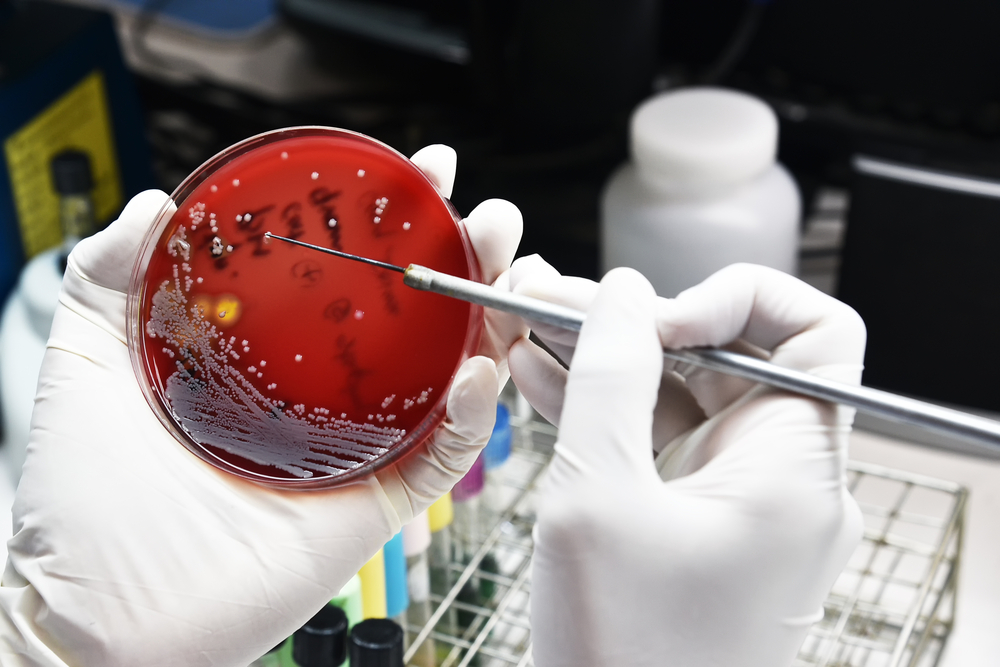
The healthcare community needs to address antimicrobial resistance, or future generations will be at risk, a leading health expert said at the first-ever joint meeting of G20 Finance and Health Ministers in Osaka, Japan last week.
Antimicrobial resistance occurs when bacteria, viruses, fungi, and parasites change in ways that render medications ineffective. When they become resistant, they are often referred to as “superbugs.”
These superbugs are to blame for 700,000 deaths worldwide each year and that is expected to rise to 10 million by 2050 if action is not taken. The costs will cause a loss of between 1.1 percent and 3.8 percent from annual global (GDP) by 2050.
The UK’s Chancellor of the Exchequer, Philip Hammond, said that the issue is not only a matter for health ministers but finance ministers as well. Leaders around the world should improve incentives for businesses to develop new antibiotics. Also, the world bank and major banks need to take the risks and impacts of antimicrobial resistance into account when making investments.
“G20 countries have hugely benefited from advanced medicines and have a responsibility to act urgently on an issue that could kill more people than cancer by 2050,” Hammond said. “The UK will continue to lead the fight against antimicrobial resistance and will argue in the G20 for additional funding for research and innovative financing models to incentivize businesses to produce new drugs.”
The UK launched a long-term national action plan earlier this year for how it will contribute to containing and controlling antimicrobial resistance by 2040. The plan includes a new way of paying companies for their drugs based on how valuable their medicines are to incentivize the development of new drugs better.
Additionally, the UK’s Department of Health and Social Care tapped the outgoing Chief Medical Officer Professor Dame Sally Davies, as the UK’s Special Envoy on Antimicrobial Resistance. The Chancellor met with several other Finance Ministers at the G20, including his U.S., French, and German counterparts, to discuss trade and investment.
Since 2014, the UK has cut the amount of antibiotics it uses by 7 percent and sales of antibiotics for use in food-producing animals have dropped by 40 percent. However, the number of drug-resistant infections has increased by 35 percent in that time.

